Vital Maternal Care Continuing Amid COVID-19 Response
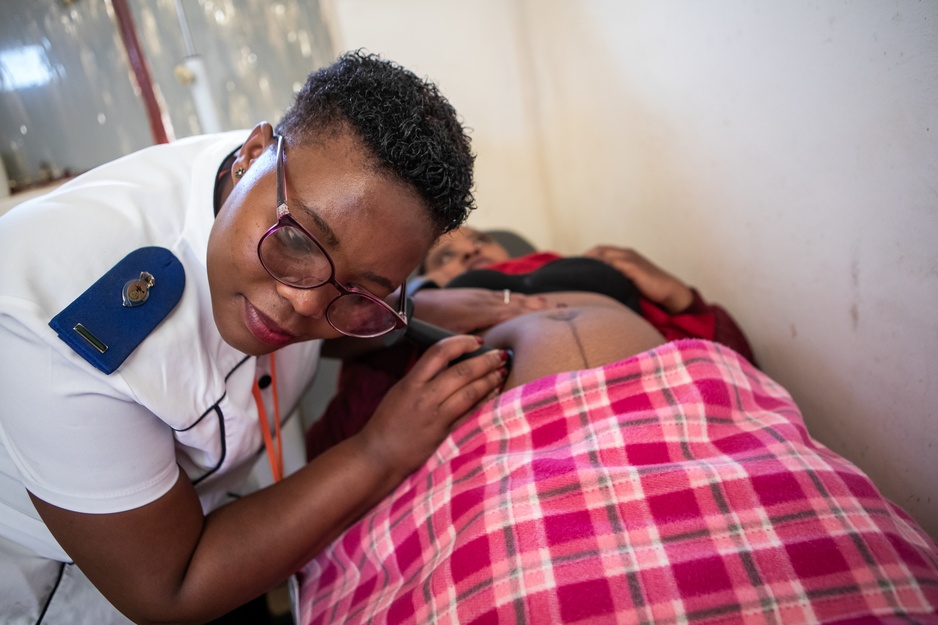

One thing every mother knows is that babies arrive on their own watch. Labour is unpredictable. In the best of times, labour begins when the expectant mother is mentally and physically ready to give birth, and the hospital to which she is admitted is fully staffed, stocked, and ready to help her deliver a new life into the world.
That’s the ideal situation. But, of course, it’s not always the reality—especially not now, during the global COVID-19 pandemic.
Expectant mothers now are forced to worry about whether they will have access to what they and their babies need throughout labour and delivery, or whether staffing, beds, and necessary supplies will be rerouted to care for the crush of patients arriving at hospitals and health facilities with symptoms of the novel coronavirus and its resulting disease, COVID-19.
This is true for women in countries with advanced medical health systems, but it is ever more true, and urgent, for expectant mothers in countries where the public health system is weak or non-existent. Well-trained staff, adequate supplies and medication, and ample, clean space for delivery and recovery are not guaranteed during normal times, much less during a global pandemic.
In collaboration with national governments, Partners In Health has worked steadily for decades to ensure women have access to the right staff, stuff, space, systems, and social support as their families grow. In 2019, PIH-supported facilities provided more than 58,000 safe, facility-based deliveries, including more than 10,150 lifesaving cesarean sections. Clinicians also provided more than 134,600 prenatal care visits to ensure expectant mothers remain healthy throughout their pregnancies.
Maternal Care in the times of COVID-19
As hospitals and clinics are pivoting in North America and Europe to meet the everyday needs of patients alongside those testing positive for COVID, health care facilities across the 11 countries in which PIH works are doing the same juggling act. Here are some examples of how they are accomplishing this work, while maintaining vital care for pregnant women and new mothers, from Haiti, Mexico, and Sierra Leone:
Haiti on the frontlines
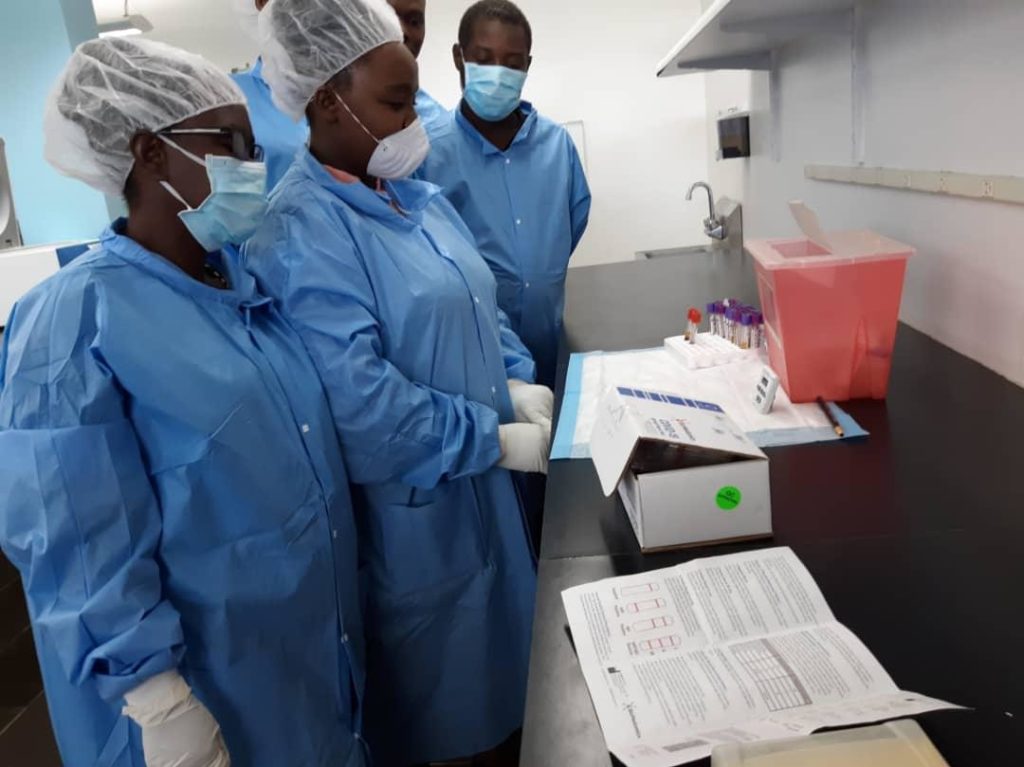
Haiti was the first country in which PIH clinicians provided care to patients testing positive for COVID-19. Staff working for Zanmi Lasante, as PIH is known locally, have been trained in the proper use of rapid diagnostic tests and are employing them at one border crossing and key facilities across Haiti’s Central Plateau. Those patients who test positive are provided direct care and support, as appropriate, while those who have been exposed to the virus are placed in quarantine and observed for symptoms.
All of these activities occur on top of day-to-day care. Pregnant women staying at Kay Manmito, a maternal waiting home, have been moved to another safe location to receive care so that the facility could be converted to an isolation ward for COVID-19 patients. When expectant mothers go into labour, they are escorted to University Hospital for delivery and recovery.
Preparing in Mexico
In Mexico, Compañeros En Salud—as PIH is known in Mexico—continues to welcome expectant mothers to Casa Materna, a maternal home that offers prenatal services and assists women through labour and delivery. PIH-supported Jaltenango Hospital abuts this facility and has provided Casa Materna patients with C-sections in the past, when their deliveries turn complicated.
To ensure those services continue for all patients, hospital leadership has supervised the conversion of a section of the hospital into an isolation ward for patients arriving with COVID-like symptoms.
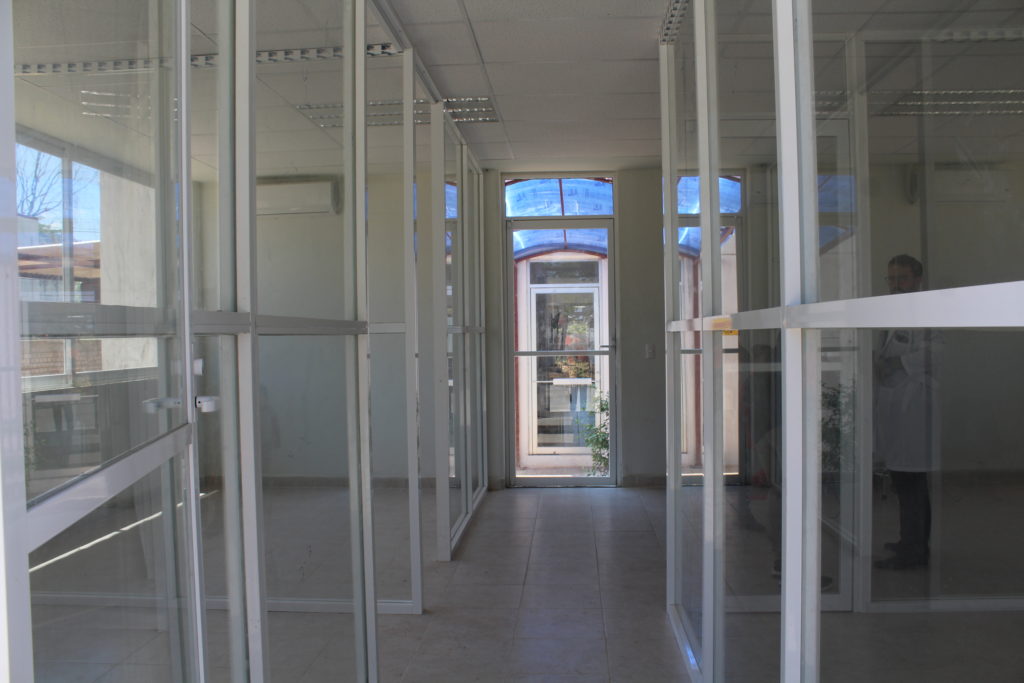
Sierra Leone remembers Ebola
In Kono District, Sierra Leone, clinicians at PIH-supported Wellbody Clinic and Koidu Government Hospital have prepared separate triage and isolation spaces for patients with symptoms of COVID-19. This is all while maternal health care continues in labour and delivery wards, and expectant mothers stay at a nearby waiting home.
Sierra Leoneans starkly remember the time of Ebola, when expectant mothers feared coming to clinics and hospitals, thinking they might contract the virus from other patients or find facilities unstaffed. Many women chose to deliver at home and risk the odds. When complications arose, as they sometimes did, traditional midwives were unable—despite their best efforts—to save the lives of mothers and their newborns.
No one wants to repeat those conditions. PIH clinicians and community health workers are reaching out to women to assure them that health care will continue to be available throughout the pandemic. They encourage their patients to attend their regular prenatal appointments, to utilize the national ambulance service to be transferred to necessary secondary care, and to deliver at the facility.
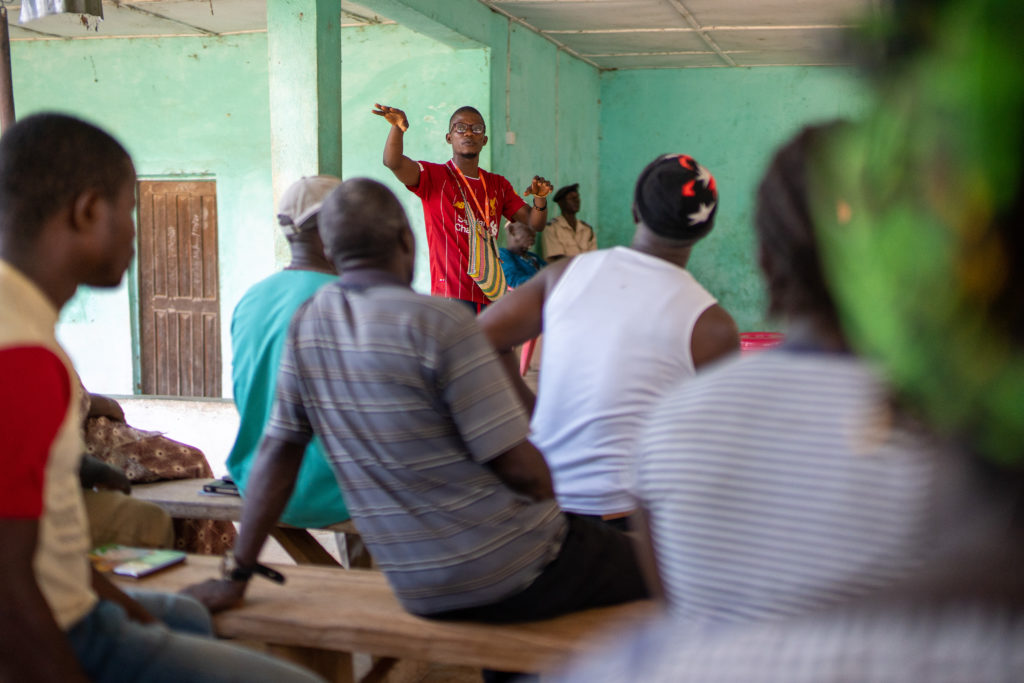
Meanwhile, in partnership with local government, PIH staff are working with clinicians at health facilities throughout Kono to help send the message that caregivers will be there for pregnant women when they need them most, with or without a global pandemic.
Supply chain and logistics staff in Sierra Leone have also ordered six months’ worth of necessary items to stock pharmacies, surgical trays, and supply closets, in anticipation of spikes in general demand and pricing for drugs and medical supplies, as simple as surgical gloves and ibuprofen.
Globally, though, supply and logistics teams continue to face challenges to stock adequately as the pandemic deepens and broadens around the world, disrupting traditional manufacturing schedules and international trade.
And yet, all of these efforts combine to ensure pregnant women and expectant mothers continue to receive quality care, whether for COVID-19 or for the many other reasons they have come to rely on PIH-supported clinics and hospitals around the world.
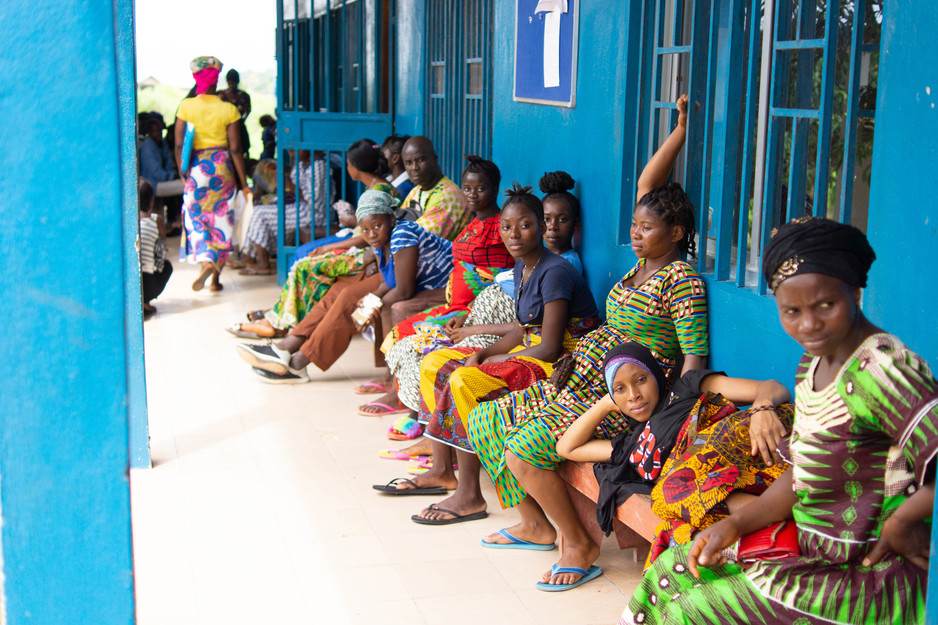
Article originally posted on pih.org
Help us act quickly to enable safe testing, provide high quality care, perform critical contact tracing and support our public sector government partners in response to the COVID-19 pandemic.
Learn more about PIH’s response to the novel coronavirus and how you can take action.



